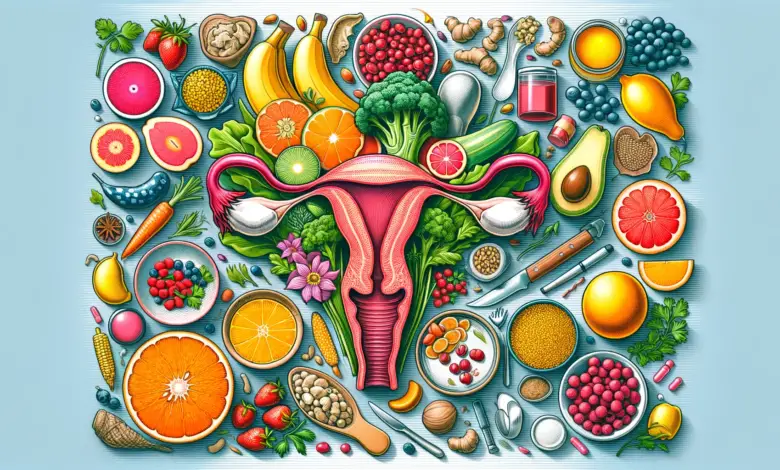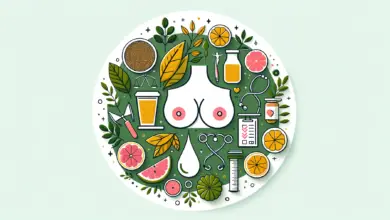Uterus Care Diet: Nourishing Your Womb for Optimal Health

Welcome to the world of uterus care diet! In this article, we will explore the importance of nourishing your womb and how a healthy diet can contribute to optimal uterine health. Whether you are trying to conceive, dealing with menstrual issues, or simply looking to support your overall well-being, a balanced and nutritious diet can play a significant role in promoting a healthy uterus.
Understanding Uterine Health
Before we delve into the specifics of a uterus care diet, let’s take a moment to understand the importance of maintaining a healthy uterus. The uterus, also known as the womb, is a vital organ in the female reproductive system. It plays a crucial role in menstruation, pregnancy, and childbirth. Keeping the uterus in optimal condition is essential for fertility, hormonal balance, and overall reproductive health.
The Power of Nutrition
When it comes to supporting uterine health, a well-rounded diet rich in essential nutrients is key. Proper nutrition can help regulate hormone levels, reduce inflammation, and provide the necessary building blocks for healthy tissue growth and repair. Let’s explore some key nutrients and foods that can contribute to a uterus care diet.
1. Omega-3 Fatty Acids
Omega-3 fatty acids are known for their anti-inflammatory properties, which can help reduce menstrual pain and inflammation in the uterus. Incorporate foods such as fatty fish (salmon, mackerel), chia seeds, flaxseeds, and walnuts into your diet to boost your omega-3 intake.
2. Iron
Iron is crucial for maintaining healthy blood flow and preventing anemia, which can lead to heavy or irregular periods. Include iron-rich foods like lean meats, dark leafy greens (spinach, kale), legumes, and fortified cereals in your uterus care diet.
3. Vitamin C
Vitamin C is a powerful antioxidant that supports the immune system and aids in collagen production. It also enhances iron absorption, making it an important nutrient for uterine health. Citrus fruits, berries, bell peppers, and broccoli are excellent sources of vitamin C.
4. B Vitamins
B vitamins, particularly B6 and B12, are essential for hormone regulation and reducing the risk of hormonal imbalances. Incorporate foods like whole grains, eggs, poultry, and leafy greens into your diet to ensure an adequate intake of B vitamins.
5. Fiber
A high-fiber diet can help regulate estrogen levels and promote healthy digestion. Include fiber-rich foods such as fruits, vegetables, whole grains, and legumes in your uterus care diet to support optimal uterine function.
6. Antioxidant-Rich Foods
Antioxidants protect the body from oxidative stress and help prevent cellular damage. Colorful fruits and vegetables, such as berries, tomatoes, spinach, and sweet potatoes, are packed with antioxidants that can support uterine health.
7. Probiotics
Probiotics promote a healthy gut microbiome, which plays a crucial role in hormone regulation and overall well-being. Include fermented foods like yogurt, kefir, sauerkraut, and kimchi in your diet to support a healthy balance of gut bacteria.
8. Herbal Teas
Herbal teas can provide additional support for uterine health. Chamomile, raspberry leaf, nettle, and ginger teas are known for their soothing properties and potential benefits for menstrual health. Enjoy a warm cup of herbal tea as part of your uterus care routine.
Conclusion
A uterus care diet can significantly contribute to overall uterine health and well-being. By incorporating nutrient-rich foods, such as omega-3 fatty acids, iron, vitamin C, B vitamins, fiber, antioxidants, probiotics, and herbal teas, you can nourish your womb and support optimal functioning. Remember, a healthy uterus is a happy uterus!
Disclaimer: It’s essential to consult with a healthcare professional before making any significant dietary changes, especially if you have specific health concerns or conditions.




